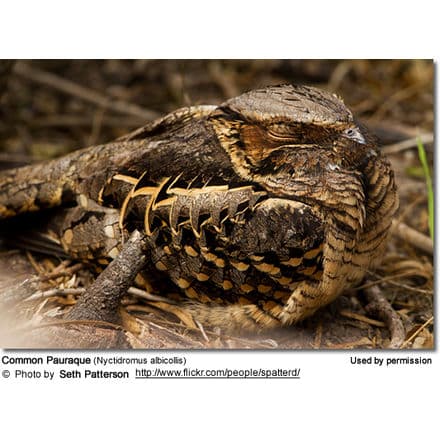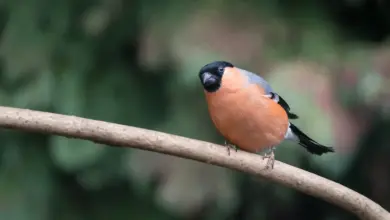Pacific Swallow or Hill Swallow (Hirundo tahitica)
The Pacific Swallows or Hill Swallow (Hirundo tahitica) is a small passerine bird in the swallow family.
Distribution / Range
It breeds in tropical southern Asia from southern India and Sri Lanka across to southeast Asia and the islands of the South Pacific. It is resident apart from some local seasonal movements. This bird is associated with coasts but is increasingly spreading to forested uplands.
Description
This species is a small swallow at 13 cm. It has a blue back with browner wings and tail, a red face and throat, and dusky underparts. It differs from Barn Swallow and the closely related Welcome Swallow in its shorter and less forked tail.
Breeding / Nesting
The Pacific Swallow or Hill Swallow builds a neat cup-shaped nest, constructed with mud pellets collected in the beak, under a cliff ledge, or on a man-made structures such as a building, bridge, or tunnel. The nest is lined with softer material, and the clutch is two to three eggs, up to four in Sri Lanka.
Diet / Feeding
It is similar in behaviour to other aerial insectivores, such as other swallows and unrelated swifts. It is a fast flyer and feeds on insects, especially flies, while airborne.
References
- BirdLife International (2004). Hirundo tahitica. 2006. IUCN Red List of Threatened Species. IUCN 2006. Retrieved on 12 May 2006. Database entry includes justification for why this species is of least concern
- Turner, Angela K; Rose, Chris (1989). Swallows and martins: an identification guide and handbook. Houghton Mifflin. ISBN 0-395-51174-7.
- Grimmett, Richard; Inskipp, Carol; Inskipp, Tim (2002). Pocket Guide to Birds of the Indian Subcontinent. London: Christopher Helm Publishers Ltd. ISBN 0713663049.
Shining Bronze Cuckoo Chrysococcyx lucidus





